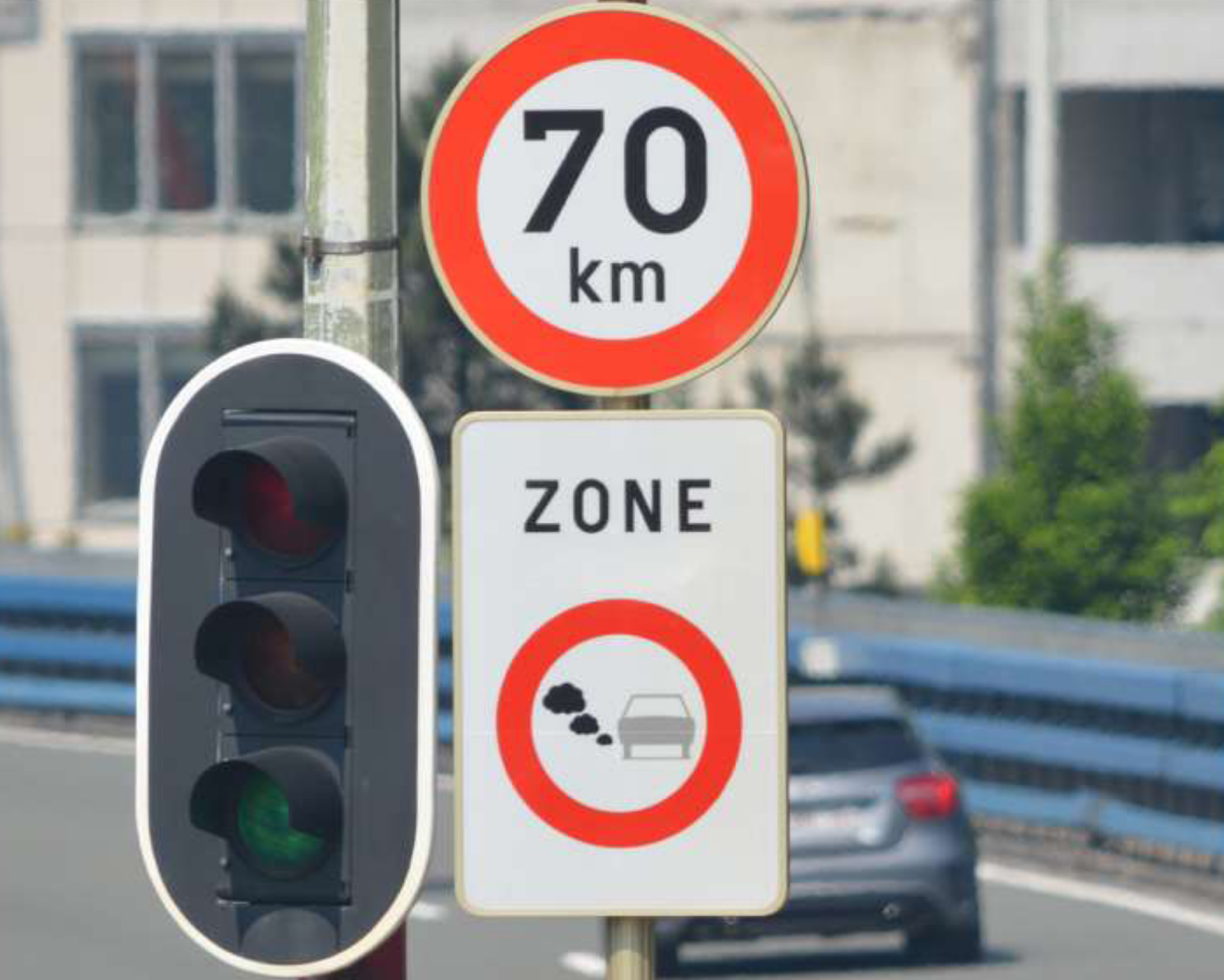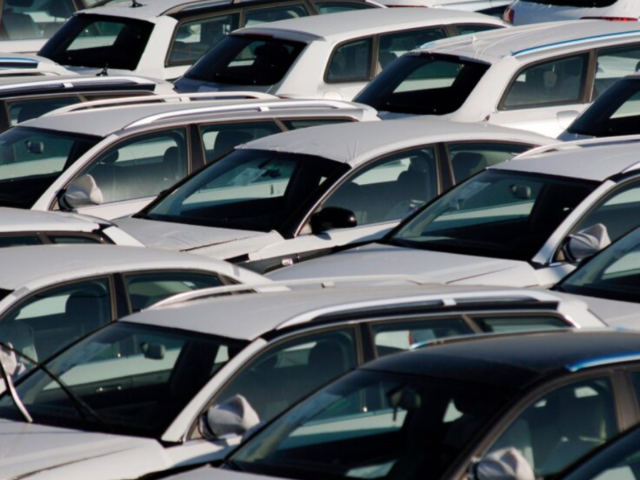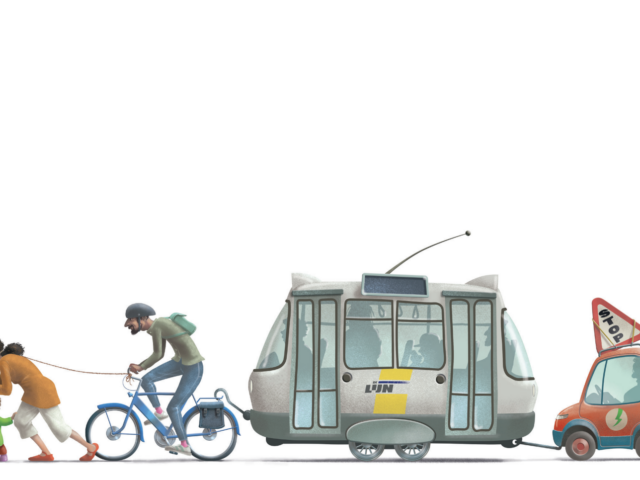On Wednesday, the Environment Committee of the Brussels parliament is considering several proposals to postpone the planned tightening of the Low-Emission Zone (LEZ). The proposal that stands the best chance is that of MR, Les Engagés, PS, and Open Vld to postpone stricter LEZ standards by two years.
According to the Brussels administration, a postponement could leave the Brussels Region emitting 188,1 kilotons more CO2 by 2030 than it would if the current LEZ timing were maintained while also risking a hefty European fine of 19 million euros.
Collision course
There has been noise on the communication line between the various political parties in Brussels for some time, and the French-speaking and Dutch-speaking parties seem to be on a community collision course once again.
The reason is a proposal by the French-speaking parties MR, Les Engagés, and PS to postpone the stricter LEZ standards in Brussels by two years until January 2027. They believe the pace of the transition would otherwise be too fast and financially unfeasible for affected families.
That proposal is complicated for Groen, on the Dutch-speaking side, the victor in the most recent elections with LEZ and Good Move as one of the spearheads during the previous legislature.
Meanwhile, Elke Van den Brandt (Groen) also quit as the politician trying to form a coalition on the Dutch-speaking side because she felt that the MR with the move was “deliberately putting a bomb under the formation.”
€19 million price tag
So, now on Wednesday, that proposal to postpone the LEZ tightening is being discussed in the Environment Committee of the Brussels parliament. Meanwhile, the newspaper Le Soir and news site BRUZZ saw a Brussels administration memo prepared at the Brussels Environment Minister’s request in current affairs Alain Maron (Ecolo).
That memo shows that with such a postponement, the Brussels Region would emit 188,1 kilotons of CO2 more by 2030 than it would if the current LEZ timing were maintained. This would also mean the Region would not meet its target of reducing greenhouse gas emissions by 47% by 2030.
The reduction would then come to only 43%, which means that it would no longer meet the European Commission’s requirements and would, as a result, have a hefty price tag. “According to the 2030 burden-sharing modalities, such an overshoot could cost the Region a fine of 19 million euros (…),” BRUZZ quotes the memo.
Indeed, the Brussels Region would then have to compensate for not meeting the target by buying emission rights—in this case, assuming a ton of CO2 at 100 euros—at a time when it is already carrying a towering debt.
More nitrogen dioxide
Another solution would be to reduce CO2 emissions through building heating, for example. However, the memo points out that the targets on buildings are already particularly stringent today in the Brussels Region, so shifting from traffic to buildings seems unrealistic.
The figures for harmful NO2 are not necessarily optimistic either. A two-year delay will ensure that by 2030, too much nitrogen dioxide will be emitted on 135 additional kilometers of street network. That accounts for 8% of all Brussels streets where the EU standard of 20 µg/m³ is exceeded.
Clean models
“It has been proven that the LEZ is the main tool to fight against NO2 pollution in the city,” says Pierre Dornier of the non-profit organization Les Chercheurs D’Air in BRUZZ. He, therefore, advocates keeping the LEZ timing and financially supporting the people who need a car and cannot afford one, which he says is, in reality, a tiny group.
According to Brussels Environment, 25,000 additional vehicles have been scrapped since the previous LEZ jump in 2022, 4,000 of them in exchange for a premium.
Sociologist Stijn Oosterlynck (University of Antwerp) argues in the same media that asking people to adjust their consumption patterns is always unfair somewhere. “I would turn it around: parties who want to stop the LEZ from a principle of justice should also knock on the table in Europe to control car manufacturers more strictly,” Oosterlynck believes. “If those would only build clean models, everyone is equal before the law.”




Comments
Ready to join the conversation?
You must be an active subscriber to leave a comment.
Subscribe Today